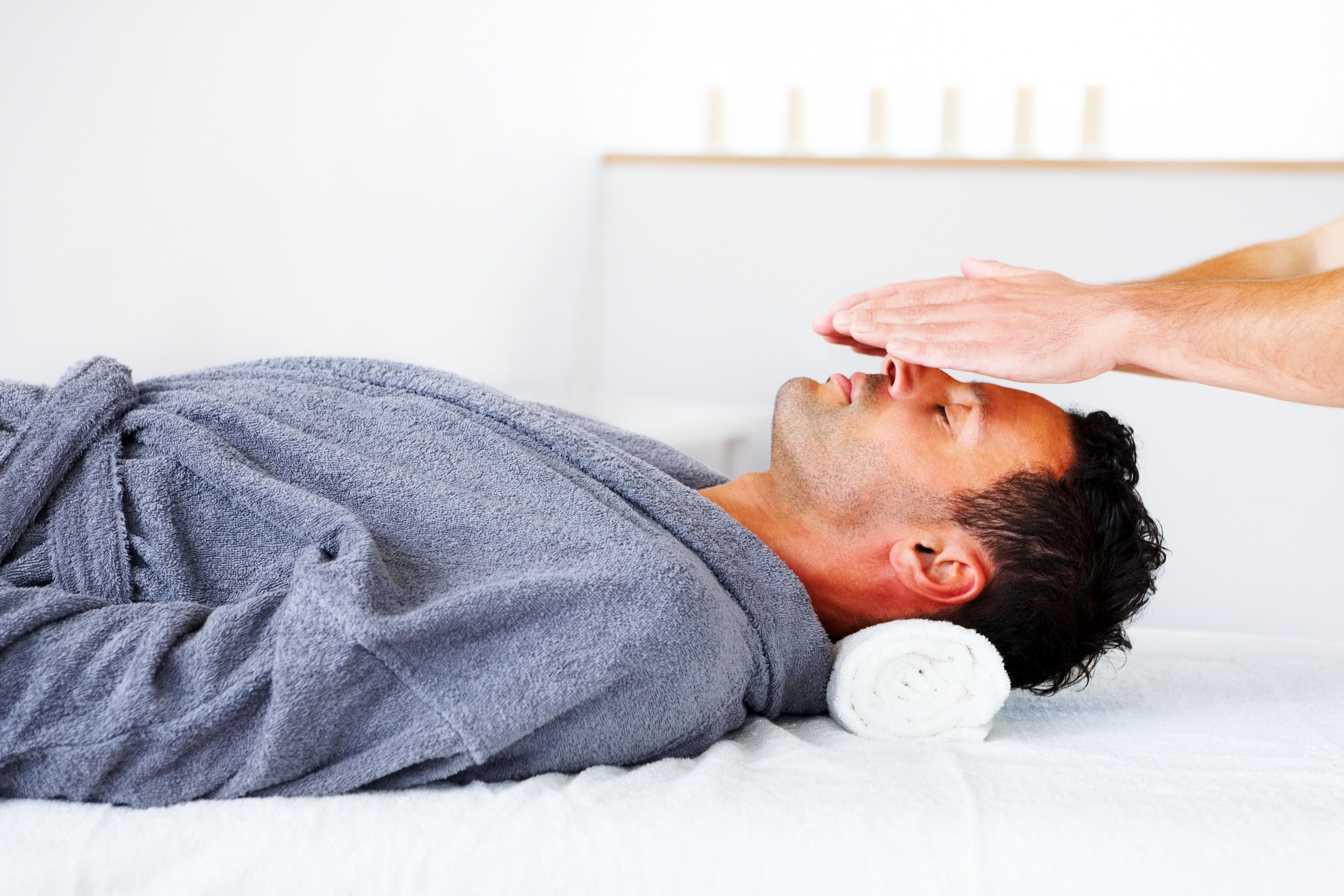The Origins and Healing Power of Reiki
Understanding Reiki: A Brief History
Reiki, a form of alternative healing, has gained global recognition for its ability to promote relaxation and well-being. Originating in Japan, Reiki is rooted in the principle of channeling energy to aid in the body's natural healing processes. The practice was developed by Mikao Usui in the early 20th century. Usui's profound spiritual experience led him to create this healing technique, which he believed could be used to treat physical, emotional, and spiritual ailments.
Reiki is derived from two Japanese words: "Rei," meaning universal, and "Ki," meaning life energy. Together, they represent the concept of an energy that flows through all living things. This ancient practice emphasizes the balance and flow of this life force energy to maintain health and harmony.

The Principles of Reiki
Central to Reiki are its guiding principles, which serve as ethical ideals for practitioners and recipients alike. These principles encourage individuals to live a life of kindness, gratitude, and mindfulness. They are often summarized as:
- Just for today, I will not be angry.
- Just for today, I will not worry.
- Just for today, I will be grateful.
- Just for today, I will do my work honestly.
- Just for today, I will be kind to every living thing.
These guiding beliefs form the foundation of Reiki practice and help to create a positive mindset conducive to healing.
The Reiki Healing Process
Reiki sessions typically involve a practitioner placing their hands lightly on or near the recipient's body. This non-invasive technique is designed to transfer healing energy and facilitate relaxation. During a session, many people experience sensations of warmth or tingling as the energy flows through their bodies. The recipient remains fully clothed and can either sit or lie down comfortably.

Practitioners believe that Reiki can help clear energy blockages, promote relaxation, reduce stress, and enhance overall well-being. Sessions are often described as deeply calming experiences that leave individuals feeling rejuvenated and more attuned to their bodies.
The Benefits of Reiki
Reiki is praised for its potential healing capabilities across various dimensions of health. Some reported benefits include:
- Reduced stress and anxiety
- Enhanced mood and emotional well-being
- Pain relief and management
- Improved sleep quality
- Increased self-awareness
While scientific research on Reiki is ongoing, many practitioners and recipients advocate for its effectiveness based on personal experiences and testimonials.

Learning and Practicing Reiki
For those interested in learning Reiki, training is typically divided into three levels or degrees. Each level offers deeper insights and skills related to energy healing.
Reiki practitioners often continue their practice through regular meditation and self-care routines, ensuring they maintain a strong connection with their own energy flow.
Conclusion: Embracing the Healing Power of Reiki
Reiki offers a holistic approach to health by addressing physical, emotional, and spiritual well-being. Its gentle yet powerful energy work has captivated individuals seeking alternative methods for healing and balance. Whether you're exploring Reiki as a potential recipient or aspiring practitioner, this ancient art presents an opportunity to develop a deeper connection with yourself and the world around you.
The growing popularity of Reiki attests to its profound impact on individuals' lives, inviting more people to experience the soothing benefits of this timeless practice.